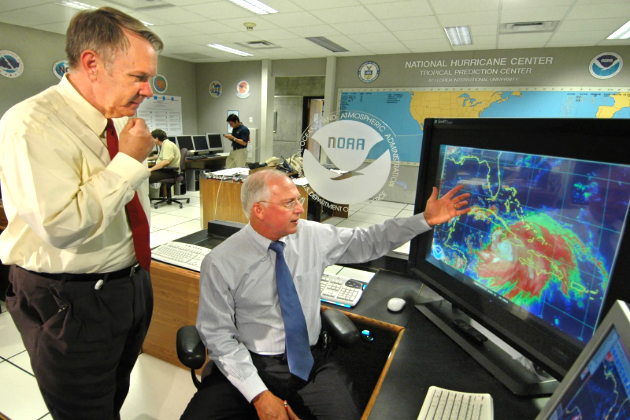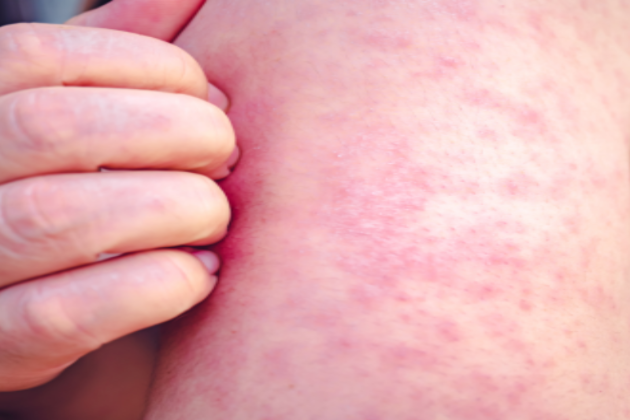Scientists Find Lab-Kept Honey Bees Live Only Half As Long As They Did 50 Years Ago
Merxwire
19 Nov 2022, 23:23 GMT+10

Why are bees declining, and where have they all gone? A study from the University of Maryland showed that compared to experiments in the 1970s, the lifespan of lab-kept honey bees was 50% shorter than at the time.
Washington, D.C. (Merxwire) - In recent years, the number of bees has dwindled, and many people blame climate change and environmental pollution for the problem, but these may only be part of the reason. A study from the University of Maryland showed that compared to experiments in the 1970s, the lifespan of lab-kept honey bees was 50% shorter than at the time. The study was published in Scientific Reports on November 14, 2022.
When entomologists Anthony Nearman and Dennis vanEngelsdorp of the University of Maryland conducted "standardized protocols for rearing adult bees in the laboratory," they noticed bees' shortened lifespan. Scientists modeled its impact and found that the results matched the "increased colony loss" and "decreased honey production" trends that American beekeepers have seen in recent decades.
The researchers collected bee pupae, completed their growth in incubators, and then raised adults in special cages. Using deionized water, 1% NaCl deionized water, or tap water to supply sugar water to the bees, the researchers found that compared to similar experiments in the 1970s, the average lifespan of bees today is about half as long, regardless of their diet.

According to the study, lab-kept honey bees live for 17.7 days today, compared to 34.3 days for lab-kept honey bees in the 1970s, a result that not only prompts an in-depth review of past published research but also rethinks: What is the real reason why the bees are missing? Because these findings may represent that bee life shortening has nothing to do with environmental factors but a genetic influence!
"We're isolating bees from the colony life just before they emerge as adults, so whatever is reducing their lifespan is happening before that point," Dr. Anthony Nearman said in a press release. "This introduces the idea of a genetic component. If this hypothesis is right, it also points to a possible solution. If we can isolate some genetic factors, then maybe we can breed for longer-lived honey bees."
"When I plotted the lifespans over time, I realized, wow, there's actually this huge time effect going on," Nearman said. He points out that people would expect lab-kept honey bees to live longer or the same because we are getting better at raising and controlling the environment. But it turned out to be the opposite of what we thought, and we saw a doubling of bee mortality rates.
The lifespan of lab-kept honey bees is similar to that of a beekeeper's colony! Scientists believe that genetics may be the main reason for the shortened lifespan of bees. Beekeepers often choose colonies with desirable characteristics for reproduction, and shorter-lived bees are less likely to spread disease, meaning shorter-lived colonies appear healthier and more productive. In this case, the raised bees will have a shorter lifespan.
 Share
Share
 Tweet
Tweet
 Share
Share
 Flip
Flip
 Email
Email
Watch latest videos
Subscribe and Follow
Get a daily dose of Maine Mirror news through our daily email, its complimentary and keeps you fully up to date with world and business news as well.
News RELEASES
Publish news of your business, community or sports group, personnel appointments, major event and more by submitting a news release to Maine Mirror.
More InformationUS Editorials
SectionAmericans denied opportunity to see movie that won Academy Award
Last Sunday, the Israeli-Palestinian co-production No Other Land was awarded an Academy Award for best documentary. The Oscar – a first...
International
SectionUS farmers face bankruptcy, economic uncertainty due to USDA freeze
CHICAGO/WASHINGTON, D.C.: Farmers and food groups across the U.S. are laying off workers, stopping investments, and struggling to get...
South Dakota law blocks eminent domain for carbon pipelines
SIOUX FALLS, South Dakota: A new South Dakota law banning the use of eminent domain for carbon capture pipelines has cast doubt on...
US intelligence agency orders DEIA officials to resign or face firing
WASHINGTON, D.C.: Officials working on diversity and inclusion programs at the U.S. Office of the Director of National Intelligence...
CDC study follows measles outbreak amid declining vaccination rates
WASHINGTON, D.C.: The U.S. Centers for Disease Control and Prevention (CDC) is planning an extensive study on possible links between...
US weather agency faces big layoffs under Trump’s civil service cuts
WASHINGTON, D.C.: The U.S. weather agency, NOAA, plans to lay off 1,029 workers following 1,300 job cuts earlier this year. This...
New Mexico reports first measles-related death in over 40 years
SANTA FE: New Mexico: A New Mexico resident who died recently tested positive for measles, marking the state's first measles-related...










